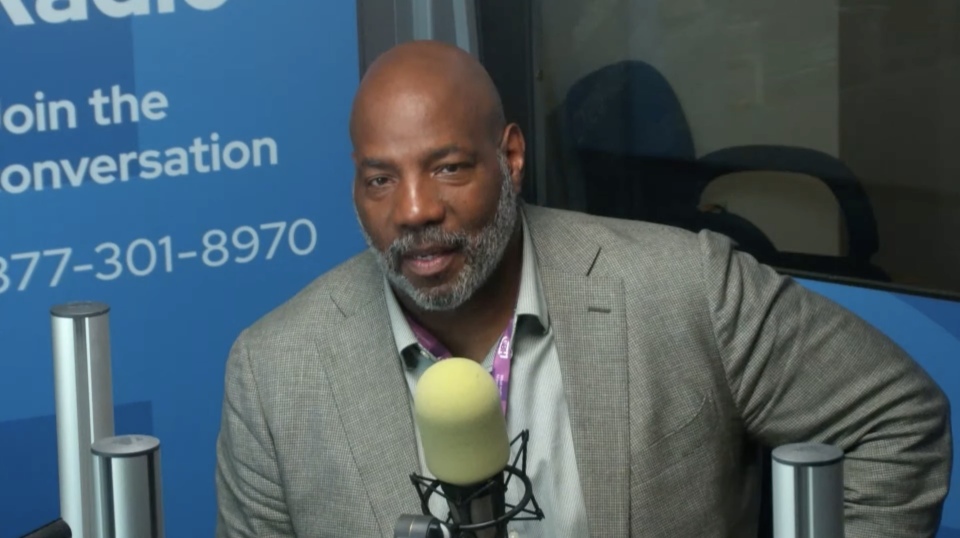Hundreds of journalists, scholars and civic leaders from across the country are convening in Boston today at GBH headquarters for a summit exploring the intersection of media, trust and democracy, while also focusing on speaking across differences.
The GBH Media Summit: Bridging the Divide in 2025 is happening as public media faces renewed scrutiny by the Trump administration over allegations of bias which has led to aggressive calls for defunding.
In her opening remarks Thursday, GBH President and CEO Susan Goldberg acknowledged that the convening is happening amid the government’s attempts to “delegitimize our content, defund our income and derail our ability to have a successful business.”
Yet, she concedes that media has work to do.
Goldberg cited a recent survey conducted by GBH and Nonfiction Research which found that among people who have lost personal relationships to political disagreements, 83% of respondents believe media sources were a significant contributing factor.
“Americans say news coverage often omits their viewpoints, misrepresents facts, and prioritizes sensationalism,” she said. “You don’t need any more evidence than where we are at this moment to know that our industry needs bold new paths forward — and a willingness to be open-minded about how we reach audiences, and with whom.”
Goldberg stressed that media should highlight “what we have in common” instead of focusing solely on divisions, because fostering common ground will increase understanding.
“Our disinterest in communicating with people who are different from us in some way — our lack of empathy and respect for their beliefs — has left us in a bad place as individuals and as a country,” she said.
Award-winning journalist Ann Curry, who is a fellow at Yale University, said she’s spoken with many student journalists who feel strongly about fighting for the public good and holding the powerful to account. Yet, she said, many are also concerned about whether they’ll be able to practice that kind of journalism given current threats to the industry.
“Will America squander these next generations of sorely needed truth-seekers? ... Or will we let the public continue to struggle for the verifiable information they deserve?” she said. “Or will we keep trying, going forth and seeking new ideas, not only to fix what’s broken, but to build it back better?”
Former Washington Post Executive Editor Marty Baron also addressed the threats facing the media and democracy, but he said he’s “no defeatist.”
“Most citizens, I firmly believe, want the press to shed light on those with power,” he said. “And most will support an independent press if we do our work fairly, accurately, honestly and also fearlessly.”








